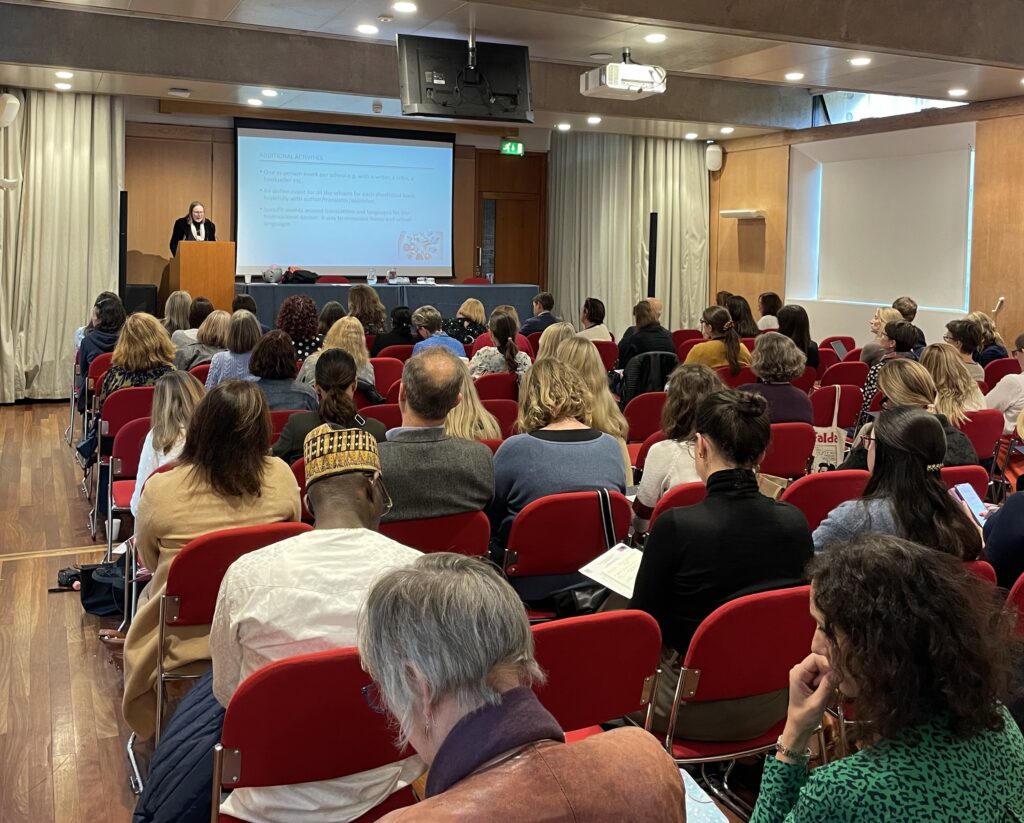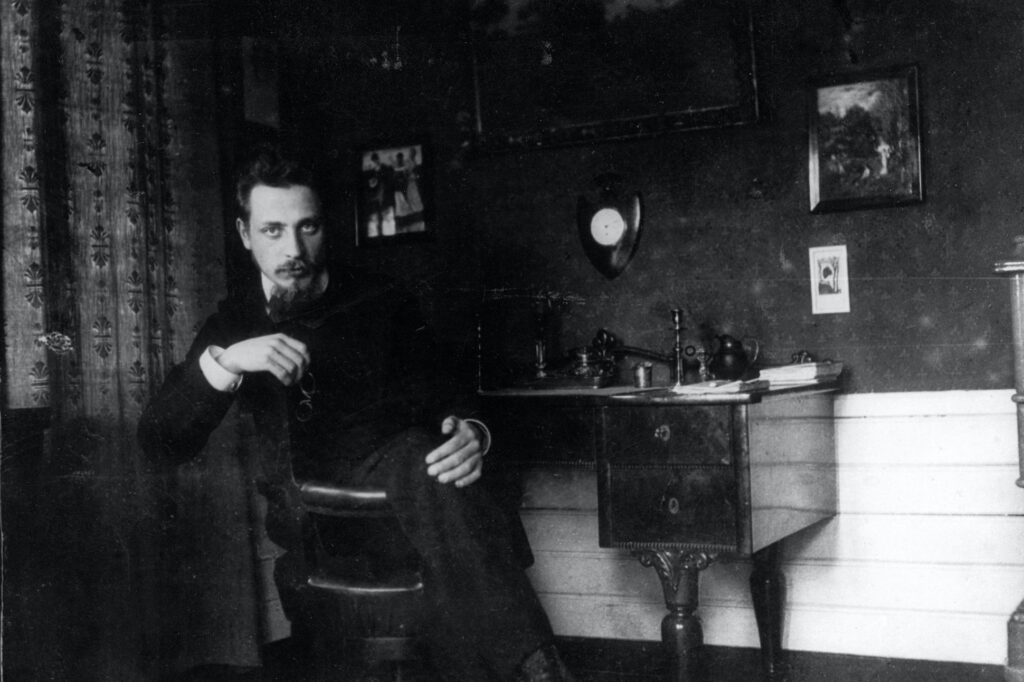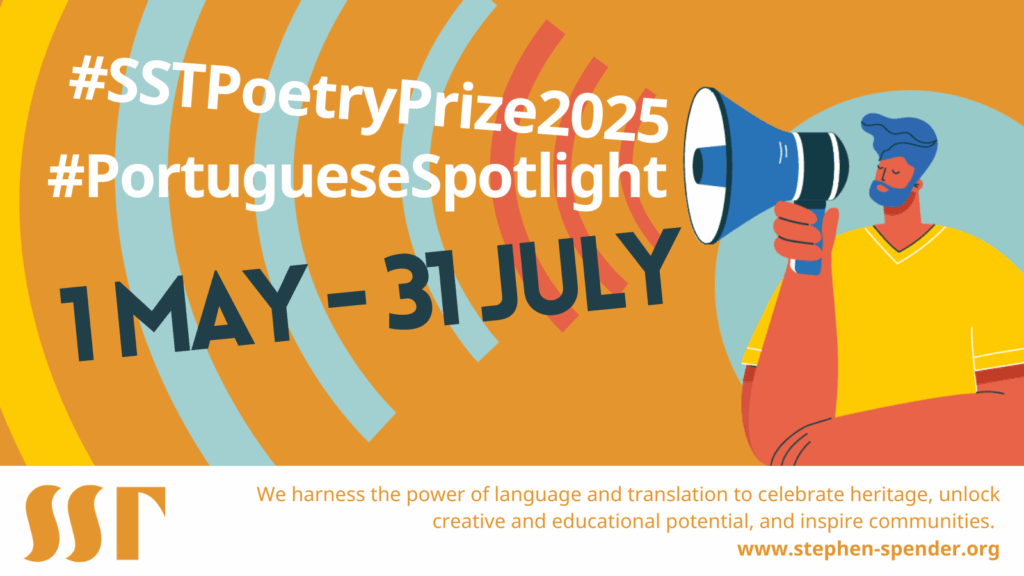Following the publication of the winning and runner up entries, we are excited to present the highly commended entries for the Year 7-9 category of this year’s French Flash Fiction competition!
A huge well done to all of our highly commended entrants!
****
Mon grand-père n’a jamais été un homme patient. Correspondant de guerre, il a passé sa vie dans les régions les plus dangereuses du monde, armé d’un stylo et d’un bloc-notes. Il aimait les mots et m’a appris leur pouvoir. À 67 ans, on lui a diagnostiqué un cancer de l’œsophage, d’un cancer du poumon en phase terminale. Alors que les traitements faisaient leurs ravages, il semblait habiter un corps dont la peau n’était plus à sa taille tandis que ses yeux noirs et flamboyants s’assombrissaient sous l’épuisement. Tout au long de cette épreuve, c’était l’écriture qui nourrissait son corps exténué. Son message à tous était de continuer à écrire.
– Tabitha Bridgeman, Year 9
Le Désir Brûlant de Pouvoir
Les flammes dansent désespérément: implorant la liberté. Tentatives de persuader que s’ils étaient libérés de leurs contraintes, les vrilles fumantes jeteront des étincelles avec une intensité inimaginable, prêtes à servir et à obéir. Les mortels aiment bien se chauffer le dos. Les chefs les exploitent pour que la quintessence du carnage fonctionne pour eux. Que pourrait on faire avec un tel pouvoir? Transformation, réformation, une métamorphose. La capacité de créer un nouveau royaume, un empire, celui que même le Diable serait fier d’appeler le sien. Hélas, je ne suis qu’un simple enfant, regardant pensivement dans les profondeurs du feu.
– Sarwin Shangar, Year 9
Des éclats de métal volent dans l’air, les cris des passagers ricochent dans la cabine pressurisée. La roue tourne inutilement là où elle est montée sur le tableau de commande, les lumières aveuglant mes yeux. Chaque flash est un rappel rythmé de notre descente. Rapidement. Je maudissais tous les pilotes qui m’avaient formé, pour ne pas m’avoir mieux préparé à un accident. Alors que nous nous rapprochons dangereusement de la Tour Eiffel, je me mets à réfléchir aux règles de sécurité pour essayer de nous sauver. Mais ce ne sera pas suffisant. Je l’admire avant que tout… ne devienne… noir.
– Ellie Malloch, Year 9
Le chêne
Le printemps. Les feuilles sortent des bourgeons verts. L’arbre se reveille après un sommeil long.
L’été. Le soleil sourit avec amore au le chêne. Les enfants rirent et jouent sous la canopée ombragée.
L’automne. Les feuilles sont peintes on or. Ils tombent par terre. Les glands sont disperses par une terre brune. Un écureuil sautes sur les branches, pépiement joyeusement.
L’hiver. Le soir, un hibou s’assoit sur le creux de l’arbre. Le chêne bras nus se balance sur le vent calme. Le clair de lune est plus blanc que le lait. Le chêne se prépare pour l’année prochaine.
– Jemima James, Year 9
Le vieux piano
Le vieux piano de la maison abandonnée portait encore sa mélodie. Clara en chassa la poussière, hésitante, tandis que la lumière dorée filtrait à travers les fenêtres brisées.
Elle appuya sur une touche. Puis une autre. Une mélodie s’éleva—douce, mélancolique, familière. La chanson de son père.
Les larmes lui montèrent aux yeux. Il la jouait autrefois, avant que la maladie ne l’emporte. Elle ne se souvenait presque plus de sa voix, mais la musique était restée.
Alors que la dernière note s’épanouissait, une brise murmura :
“Magnifique, ma chérie.”
Clara sourit. Elle n’était jamais seule.
– Prem Patel, Year 9
Les arbres s’effondrent. Ma maison, mon refuge, se brise. Les géants où je jouais sont réduits à néant. L’air sent la mort et la destruction. Je serre une branche, ma dernière connexion avec la canopée.
Les humains reviennent, leurs machines grondant plus violemment. Je fuis, mais il n’y a nulle part où aller. Le sol est stérile. Ma famille a disparu. La forêt est silencieuse. Je suis seul, perdu dans une terre qui ne m’appartient plus.
– Dhilan Thanki, Year 9
Au revoir, Papi:
La tristesse m’envahit, la douleur me déchire le cœur et mon âme fond
comme une bougie éteinte par un vent violent. Dans les rues de mon cœur, ce vent engloutit tout pour laisser place au désespoir. Il crée un vide. Un vide dépourvu de joie et d’amour . Un vide encombré de pensées obscures, ressemblant à une nuit sans étoiles. Dans ce vide affreux, mon âme se perd, engloutie par la mélancolie. Pourtant, une lueur essaye péniblement d’éclairer ce trou. C’est Espoir. Une autre lumière s’allume alors. Souvenirs. Unies, elles repoussent la tristesse. Ensemble, elles disent au revoir.
– Laonie Caron, Year 9
À Petit Pas
Il était une fois un escargot nommé Léo qui voulait devenir chef cuisinier. Un jour, il a trouvé une recette pour un plat rapide. Léo a dit, “Parfait, je vais fini en un rien de temps !” Mais un voisin, une fourmi, a répondu, “Toi ? Rapide ? Quel escargot est rapide ?” “Eh bien, je vais à mon propre rythme, mais je ne suis jamais en retard dans ma coquille !” Leo a dit. Finalement, Léo a ouvert son restaurant appelé “À Petit Pas” et est devenu célèbre pour ses repas… lents mais délicieux !
– Silvia Herratt, Year 9
Paix.
Il était une fois un monde en parfaite harmonie, où quatre nations
prospéraient sous la bénédiction de leur monarque céleste : les tribus du feu, le royaume de l’eau, les temples de l’air et l’empire de la terre. Grâce à leurs pouvoirs uniques, ils ont créé des innovations technologiques inimaginables. Pendant des siècles, la paix a régné… jusqu’à l’arrivée du Maître des Ombres. Son assaut brutal plongea le monde dans le chaos, brisant des civilisations entières. Mais même au milieu de la destruction, un souvenir demeure, une phrase qui résonne à travers les âges : le véritable pouvoir réside dans la coexistence.
– Eva Graciova, Year 8
















